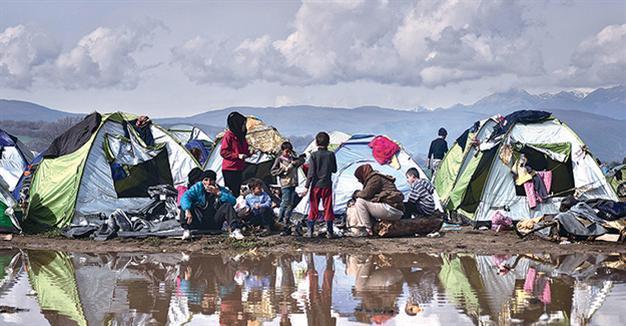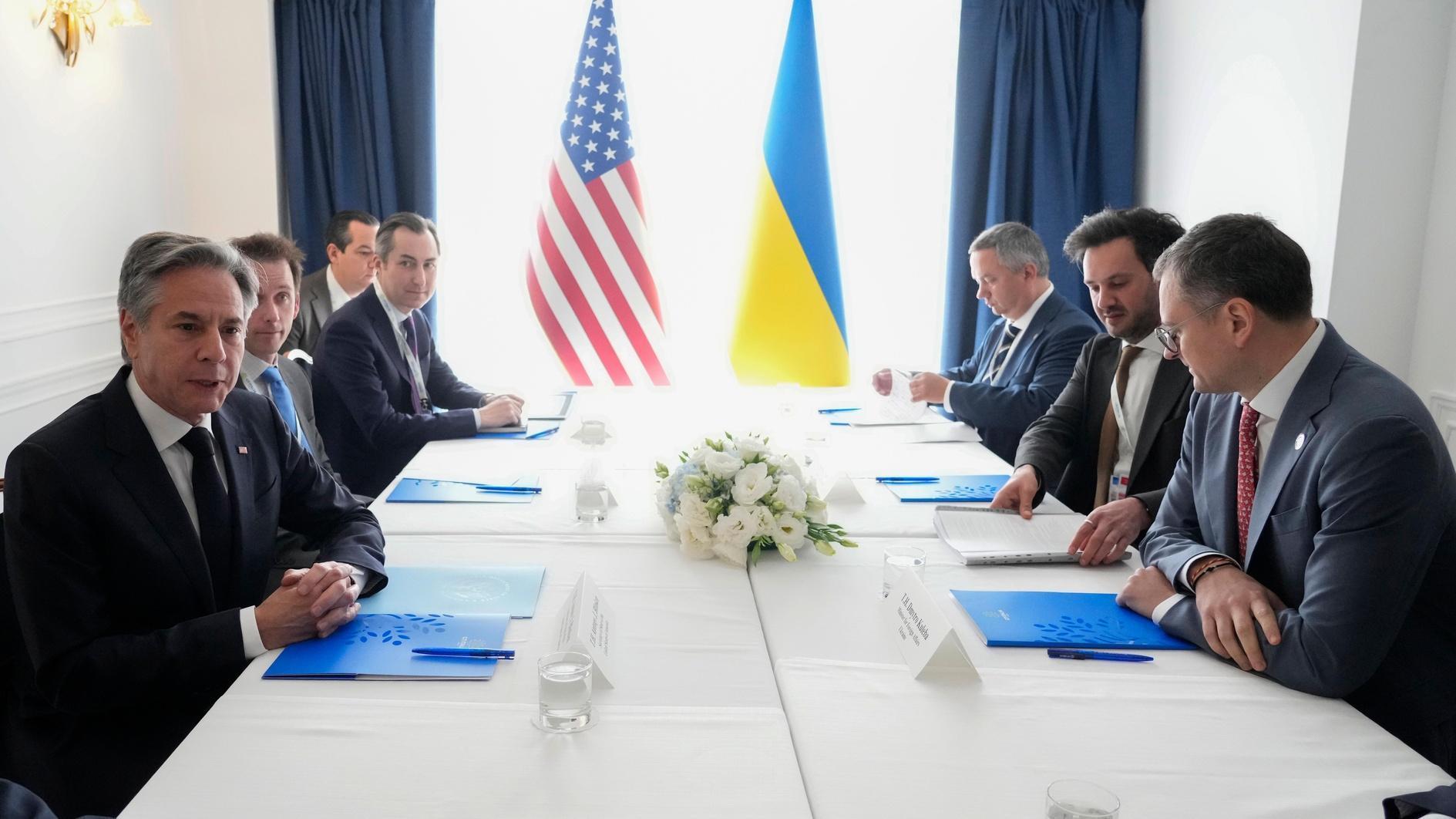UN refugee chief ‘deeply concerned’ by EU-Turkey deal
STRASBOURG – Agence France-Presse

AFP Photo
The head of the U.N. refugee agency on March 8 said he was “deeply concerned” by a proposed deal between the EU and Ankara to curb the migrant crisis that would involve people being sent back to Turkey.“As a first reaction I’m deeply concerned about any arrangement that would involve the blanket return of anyone from one country to another without spelling out the refugee protection safeguards under international law,” UNHCR chief Filippo Grandi told the European Parliament.
Lawmakers at the parliament in Strasbourg, France, applauded after he made the comment.
At a summit in Brussels on March 7, European Union leaders in principle backed a Turkish proposal to take back all illegal migrants landing on the overstretched Greek islands.
Turkey suggested a one-for-one deal under which the EU would resettle one Syrian refugee from camps in Turkey in exchange for every Syrian that Turkey takes from Greece, in a bid to reduce the incentive for people to board boats for Europe.
Turkey is the main launching point for the more than one million migrants who have made the dangerous crossing to Europe since the start of 2015. It is home to 2.7 million refugees from the war in Syria, more than any other country.
But Grandi said the plan, which EU leaders hope to agree formally at a summit next week, did not offer sufficient guarantees under international law.
He said refugees should only be returned to a country if it could be proved that their asylum application would be properly processed and that they would “enjoy asylum in accordance with accepted international standards and have full access to education, work, health care and if necessary social assistance.”
“The UNHCR has been calling on states to increase different legal routes for Syrian refugees so they do not have to resort to people smugglers and to dangerous journeys,” he said.
The EU insisted the deal would comply with international laws on the treatment of refugees.
“The details that will be hammered out between now and the March European Council [summit] will obviously be in full compliance with both European and international law,” European Commission spokesman Alex Winterstein told reporters.
“There is now a very important understanding of principle, details will now be discussed, and you can be sure that the agreement that will come at the end of it will comply with both European and international law.”
‘Quick-fix’
On the same day, Vincent Cochetel, Europe regional director of UNHCR, said that the EU’s “quick fix” deal to send back refugees en masse to Turkey would contravene their right to protection under European and international law.
Cochetel said that Europe’s commitment to resettle 20,000 refugees over two years, on a voluntary basis, remained “very low.”
“The collective expulsion of foreigners is prohibited under the European Convention of Human Rights,” Cochetel told a news briefing in Geneva, according to Reuters.
“An agreement that would be tantamount to a blanket return to a third country is not consistent with European law, not consistent with international law,” he said.
Europe had not even fulfilled its agreement last September to relocate 66,000 refugees from Greece, redistributing only 600 to date within the bloc, Cochetel said earlier.
“What didn’t happen from Greece, will it happen from Turkey? We’ll see, I have some doubts,” he said on Swiss radio RTS.
The U.N. Children’s Fund (UNICEF) voiced deep concerns about the agreement, noting that “too many details still remain unclear.”
“The fundamental principle of ‘do no harm’ must apply every step of way,” UNICEF spokeswoman Sarah Crowe told the briefing.
“That means first and foremost that children’s right to claim international protection must be guaranteed. Children should not to be returned if they face risks including detention, forced recruitment, trafficking or exploitation.”
Amnesty slams EU-Turkey deal
Meanwhile, Amnesty International slammed the results of the EU-Turkey Summit, urging that the deal is a “death blow to the right to seek asylum.”
According to Amnesty International, this plan is “wrought with moral and legal flaws.”
“The persistent preoccupation with shipping people back to Turkey instead of making unconditional efforts on resettlement and offering other safe and legal ways to Europe shows an alarmingly short-sighted and inhumane attitude to handling this crisis” said an Amnesty statement after the EU-Turkey summit held in Brussels, on March 7.
“EU and Turkish leaders have today sunk to a new low, effectively horse trading away the rights and dignity of some of the world’s most vulnerable people. The idea of bartering refugees for refugees is not only dangerously dehumanising, but also offers no sustainable long term solution to the ongoing humanitarian crisis” said Iverna McGowan, Head of Amnesty International’s European Institutions Office.
















